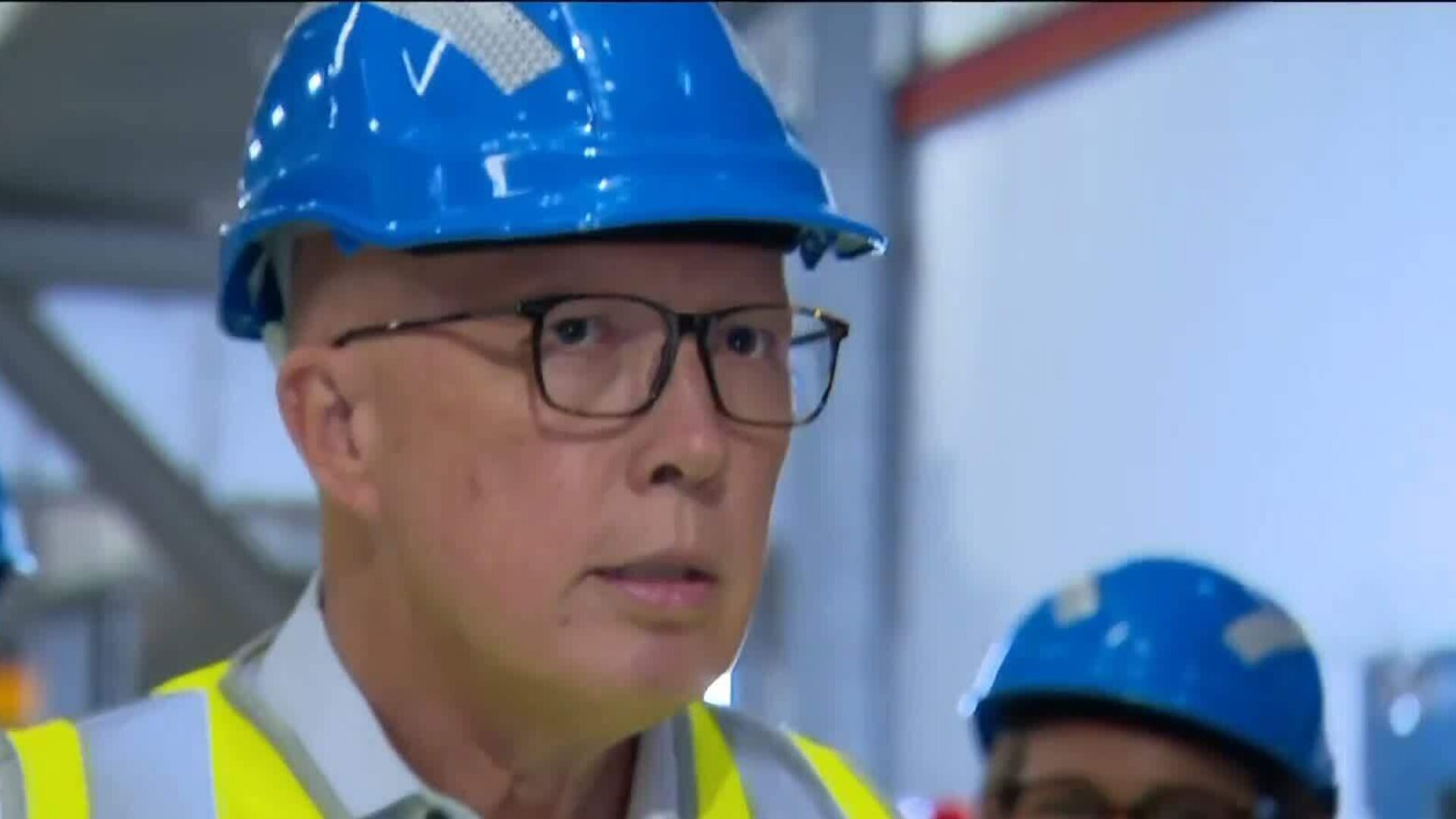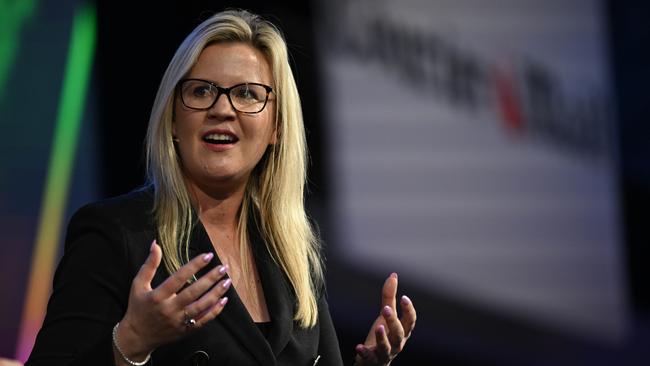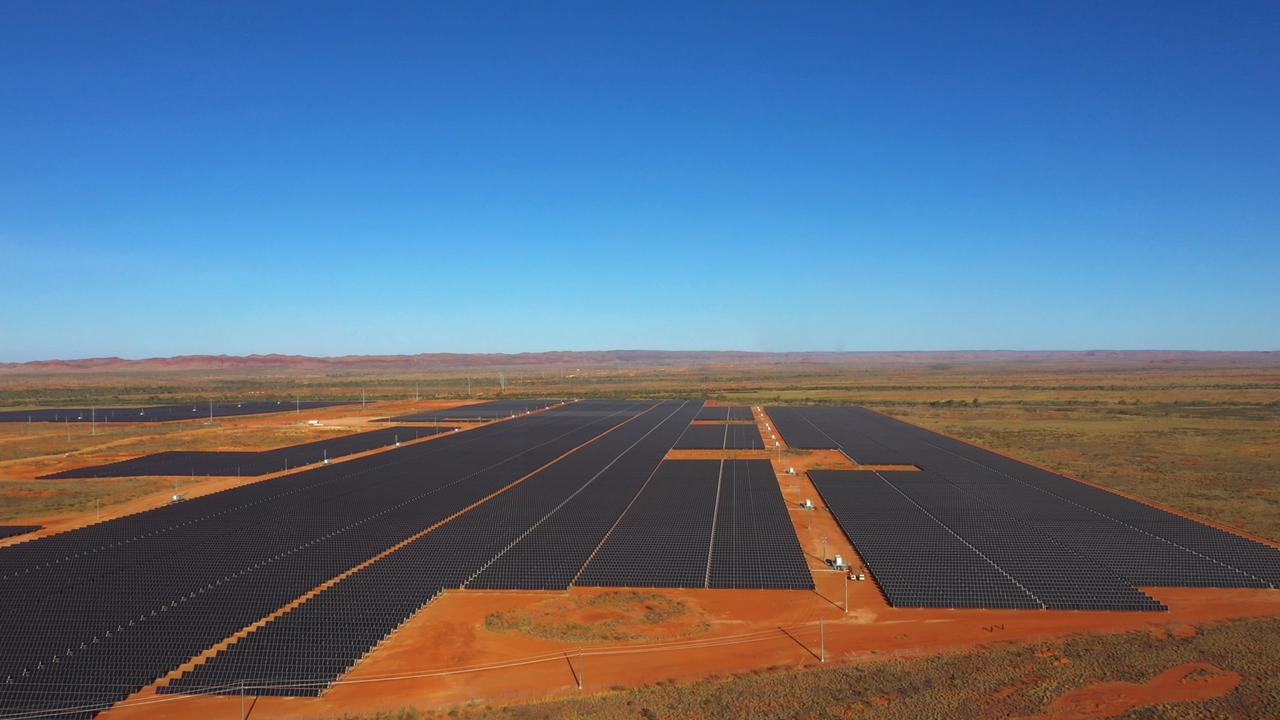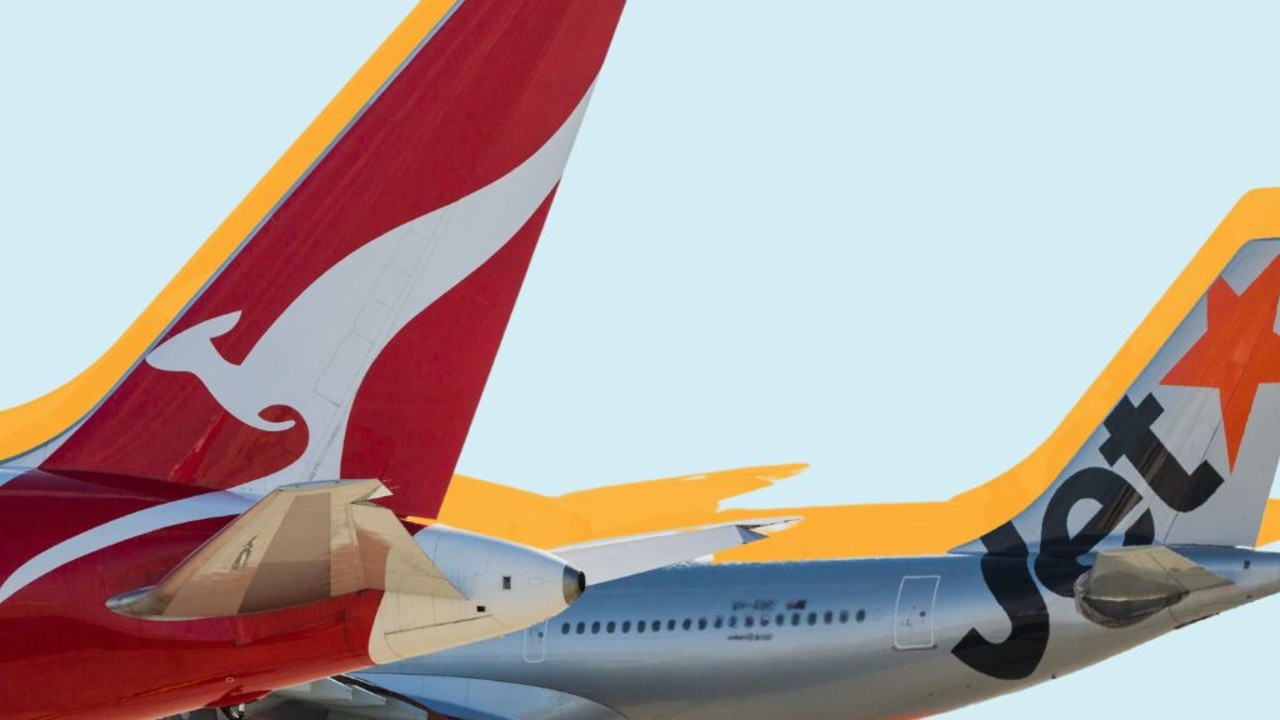Gas industry rounds on Coalition’s modelling but Opposition Leader stays defiant
The gas industry has cast doubt over the federal Coalition’s energy policy modelling but Opposition Leader Peter Dutton insists his plan will lower energy bills.

Business
Don't miss out on the headlines from Business. Followed categories will be added to My News.
The gas industry has raised doubt about the Coalition’s modelling to support its controversial gas policy, which Opposition Leader Peter Dutton insists would lower energy bills.
The opposition released modelling that it said showed household gas bills would fall by 7 per cent and electricity bills by 3 per cent under its plan.
The policy marks an attempt by the Coalition to win public support amid a cost-of-living crisis ahead of the May 3 federal election, but forcing east coast LNG exporters to withhold more gas supplies has proved controversial.
Escalating its criticism, the gas industry said the modelling posed more unanswered questions than it provided clarity.
Australian Energy Producers chief executive Samantha McCulloch said the policy was counter-productive to ensuring long-term supplies, and that the Coalition had rejected a similar proposal just a few years ago.
“The policy would introduce price controls in the east coast gas market and would be yet another heavy-handed intervention that will drive away investment and risk exacerbating the supply pressures in the longer term,” Ms McCulloch said.
“The Coalition rightly opposed a similar policy in 2022, when the federal government introduced price caps that ultimately delayed new supply and damaged investor confidence.”
The Coalition has insisted that forcing LNG exporters to divert uncontracted gas to the east coast would ease the threat of a looming shortfall as well as put downward pressure on domestic prices.

The Coalition says the LNG industry would increase domestic supplies by between 50 and 100 petajoules, which it would force into the market through a so-called security charge.
At $10 a gigajoule, the de facto levy would be $4.01.
“(This) would mean that the gas producer would be better off selling gas domestically for $10 per gigajoule than exporting the gas and receiving $9.99 per gigajoule ($14 minus $4.01), all other things being equal,” the modelling reads.
But MST Marquee energy analyst Saul Kavonic said the levy ignored the fact that LNG producers could reduce supplies to meet only long-term supply contracts.
“The issue here is that the baseline of domestic supply and gas production remains thoroughly unclear, and it is unclear how variability in demand will be treated, plus the LNG projects may reduce supply towards foundation contract levels, leaving the entire effectiveness of the policy in doubt,” Mr Kavonic said.
Shell – which majority-owns the Queensland Curtis LNG (QCLNG) – and Origin, a near one-third owner of the Australian Pacific LNG (APLNG) facility, are on course to be the biggest losers from the Coalition plan. Global giants such as ConocoPhillips, Sinopec and Tokyo Gas are also set to face lower LNG sale revenues.
In contrast, Santos – which owns Queensland’s third LNG facility, Gladstone LNG (GLNG) – is on course to be a major victor.
Santos is a major buyer from the domestic market to meet contracted export volumes from its GLNG facility.
Still, the east coast is under mounting pressure. The Australian Energy Market Operator has said the east coast will experience structural deficits as soon as 2029 as traditional sources of gas to the region begin to deplete.
The waning supplies come as the role of gas is set to increase. Queensland on Tuesday said it would increase its dependency on gas and coal for longer as renewable energy projects experience delays and cost blowouts.
However, industry sources have raised concerns about the viability of forcing more supplies from APLNG and QCLNG with the major pipeline from Queensland to NSW and Victoria already running at near capacity.
Rob Wheals, chief executive of Squadron Energy, which has developed Australia’s LNG import terminal, said the supply bottleneck could not be overcome, forcing the importation of gas into NSW and Victoria.
“Regardless of who forms government, the cold hard reality is there are serious pipeline capacity constraints that will limit the ability to supply NSW and Victoria from Queensland with the gas required,” Mr Wheals said.
“Pipeline upgrades or new pipelines will not be able to solve this problem in time for forecast shortfalls by 2027-28.”
More Coverage
Originally published as Gas industry rounds on Coalition’s modelling but Opposition Leader stays defiant





